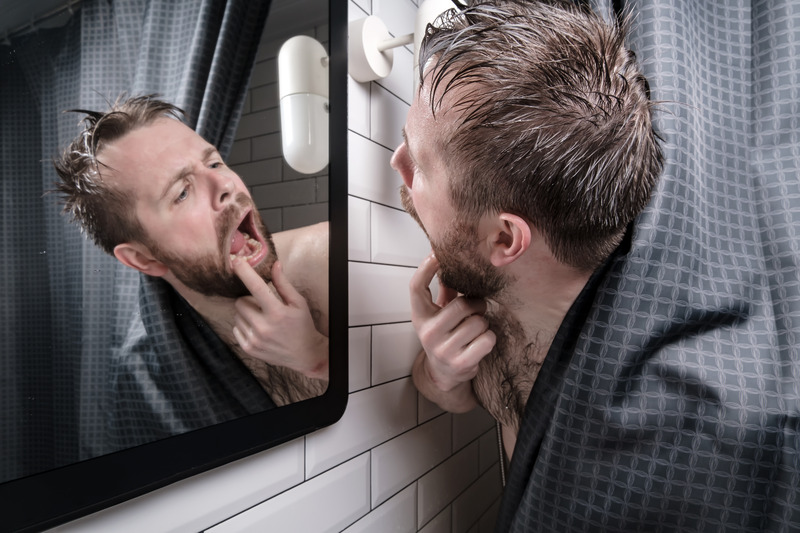
When it comes to dental implants, many patients are curious about how they compare to natural teeth. For example, can implants get cavities like regular teeth? Well, while dental implants look and feel like your natural pearly whites, they’re cavity-proof! However, that doesn’t mean you’re off the hook for proper oral hygiene. Continue reading to learn more about tooth structure and why your implants still need care.
How Do Cavities Form?
Your teeth are made up of three layers of different dental materials. The outermost layer is called enamel, and it’s the hardest substance in your body. However, it can be worn away over time if exposed to acids released by bacterial plaque.
As you eat food, plaque accumulates and feeds on the food particles left behind, creating a corrosive compound that eats away at your tooth. Without good oral hygiene, this acid will eventually eat through the enamel and cause it to decay, forming a cavity.
Why Don’t Dental Implants Get Cavities?
Dental implants are made from materials like titanium and porcelain, which aren’t affected by oral bacteria the same way natural teeth are. Implants don’t have a root or enamel that can be damaged by plaque acids. This means cavities can’t form on implants the way they do on your original teeth. However, that doesn’t mean you don’t need to brush or floss anymore!
Why Oral Hygiene Still Matters for Dental Implants
To keep your dental implants in great shape, it’s important to maintain the same oral care routine you would with natural teeth. Brush twice a day with a soft-bristled toothbrush, floss daily, and use an antibacterial mouthwash to protect your gums. Regular checkups will also ensure your implants stay secure and your gums remain healthy.
Failure to keep up with your oral care can lead to gum disease, which poses a serious threat to the health of your implants. If your gums become infected, it can weaken the bone structure that supports the implant fixtures, potentially leading to failure. That’s why it’s still incredibly important to continue brushing, flossing, and visiting your dentist regularly.
So, while dental implants are immune to cavities, they still need care to last a lifetime. Maintaining good oral hygiene and attending regular dental checkups will ensure your smile stays bright, healthy, and cavity-free—implants and all!
About the Practice
At St. Albans Dental, our team of highly experienced dental experts is ready and willing to meet your needs. Whether you need a simple checkup or a complex dental implant procedure, they have the technology and skills to restore your smile. Call (802) 524-4844 to schedule a dental implant consultation or visit our website to find a complete menu of treatments and services we offer.
